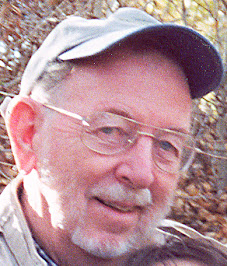Every time I go to town (which includes West Point GA and Lanett and Valley AL combined) I drive past the remains of what was once one of the largest textile mills in the world. And I'm reminded of this poem, written a few years ago by Patrick Allen, who at that time lived in another of the South's many historic mill towns, Elkin NC.
“Happy New Year” in Elkin NC
I reached for the doorbell, careful
not to drop the wine
or to crush my wife's warm bread
and watched the steam rise from my
nostrils in the sparkling glass storm door
as the chime seeped from the house
“Read the news in the paper today,
about the factory closing
what was it, four hundred?
Just wanted to say we're here
we're neighbors
and if you need anything
we're next door
and maybe some wine
and bread would make us closer”
but it didn't come out like that
It just came out as,
“Happy New Year”
and it struck you cold and mute
“You know, I've noticed the buzzards
didn't come back this year
the way they do
and roost in that dead tree
around back
made it look like
Satan's Christmas tree”
“They move on when the meat's
picked clean” you said
“You know, I remember coming up on one
nesting in a cave just off the trail
I walked on my way to Pete's
when I was a kid.”
I could look you in the eye now
“It hissed, sounded like some demon
with emphysema
pathetic bird
desperate to survive in
the land of the dead
it flew off, though, when I pinged it
with a stone I carried in my pocket
for just this sort of thing”
Your head sagged, but
you managed to chuckle
in nearly a whisper
“Happy New Year”
If you're interested in the sad backstory, the story of globalization and financialization of American industry repeated over again across the country, here's a link to an online article, "The Fabric of Elkin: The Chatham Manufacturing Company"
“In 1988, after more than 100 years of local ownership,
members of the Chatham family lost control of the plant to a Danish textile
maker, which outbid them in a sale. But four years later, that business went
bankrupt. The cavernous and mostly hollow factory buildings are now owned by
True Textiles, which has roughly 100 on-site employees who make fabric for home
furnishings and wall coverings. Even with this cadre of workers, most of the plant stands
eerily silent and forlorn — a “ghost town,” as Couch describes it. The parking
lots are weedy and cracked. The interior is dark and cobwebbed. Glass is
broken.”


